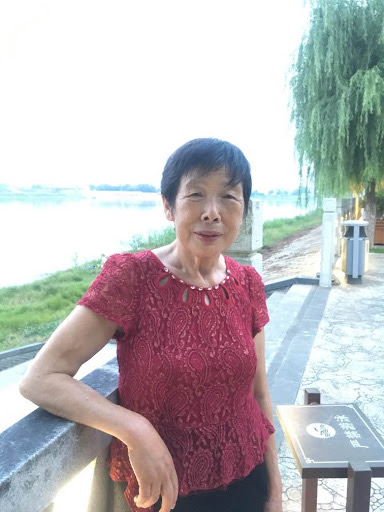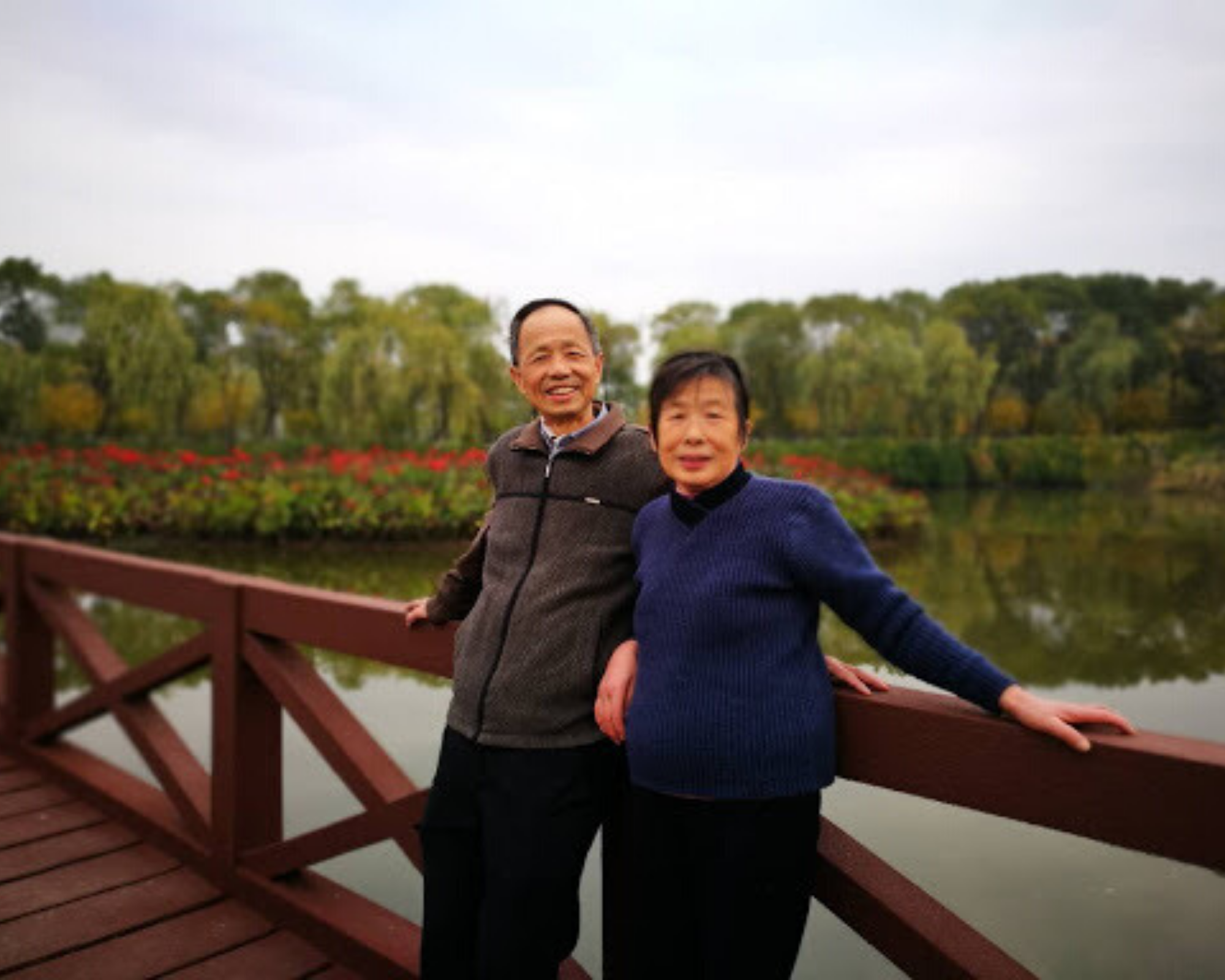Right now, the news is full of articles about the coronavirus, a respiratory illness that, according to CNN, has infected over 78,000 people worldwide and killed around 2,500 in mainland China alone as of February 23rd. The news has bombarded us with statistics of persons infected and dead, the fear of its spread to other countries, and ways that many national governments have been acting to prevent the epidemic from reaching their shores. However, lost in all of this, is the human perspective. What is it like living at the center of the coronavirus epidemic right now?
This is the experience of Yuzhen Liu, a 73-year-old family doctor living in Huangpi (one of Wuhan’s suburbs), and my grandmother. Thanks to the virus, she and many other inhabitants of Wuhan and the surrounding area have been living out their lives trapped within the four walls of their homes since Jan. 24.
“Looking at the community from the window, it is a quiet and peaceful residential area,” said Liu. “But there is no one outside. Everyone obeys the instructions of the Party Central Committee, the Epidemic Command, and [esteemed Chinese scientist] Zhong Nanshan, staying in their own homes. Even the children don’t whine to go out.”

Liu’s husband, my grandfather, left the city before the outbreak to visit family for the Chinese New Year, so Liu has been alone for the past few weeks. She spends her time walking laps around the house to stay healthy, clean the house, chat with family and neighbors on WeChat, and catch up on books she’s been meaning to read. However, she’s been lonely, especially during the Chinese New Year, a time meant to be spent among family.
“I wasn’t used to being home alone,” she said, “but seeing that the leadership of the Party Central Committee headed by President Xi Jinping has been working hard to combat the epidemic in Wuhan during the Spring Festival, I feel personal little things must be sacrificed to focus on the overall situation.”
However, while being able to see family was not possible, other ways to celebrate the Chinese New Year remained available, even in the midst of the epidemic.

“We prepared enough grains, oils, fish, eggs, noodles, and vegetables for the Spring Festival. If not, you could contact the property company in the community and they would deliver the dishes.” Routine was otherwise not interrupted. “I cooked lunch as usual and watched the CCTV Spring Festival Gala at night,” Liu said of her activities on that day.
And while most people are electing to stay at home, many must still go out and about to conduct their business. In order to do so, they are resorting to various methods of safeguarding.
Traditional Chinese medicine has become a popular method or protection against the viral outbreak. “People in Wuhan are buying Banlangen granules in large quantities,” said Liu, referring to a traditional Chinese herbal medicine the National Center for Biotechnology Information states is used to treat virus-related respiratory illnesses similar to the coronavirus.
Due to her advanced age, fragile health, and lack of experience in epidemiology, Liu, unlike many other doctors, has been put on the sidelines. Her main desire is to treat the outbreak in a cool, rational way. “I don’t believe in hearsay news,” she said. “As for [other possibly helpful] drugs, there is no actual, reliable, authoritative clinical data to prove their efficacy, so I will not make any comments.”
According to the New York Times, two such drug therapies are undergoing clinical trials in China at this time, although results are not yet available. Meanwhile, the Chinese government has been enforcing mandatory 14-day quarantines and setting roadblocks and checkpoints throughout the country, to prevent further spread of the virus—even in places that have few cases.
“I feel personal little things must be sacrificed to focus on the overall situation.”
-Yuzhen Liu, the author’s grandmother
Liu is proud of the way the Chinese nation has risen to the challenge of dealing with the virus. “Some provinces and cities have already sent several batches of medical teams, and some even boarded the plane to Wuhan only one hour after the assembly,” she said. “At our incredible Chinese speed, Huoshenshan, two hospitals and many mobile cabin hospitals accepted every suspected infected person.”
Huoshenshan, one of the hospitals she refers to, was built in ten days to handle the large flow of patients generated by the epidemic, according to NBC News.
“They got everyone in that should have been admitted. Businesses across the country quickly transported the supplies needed by the hospitals to Wuhan; farmers across the country selflessly donated food and fruits to Wuhan.” The display of these scenes has moved many in China, including Liu, to tears.
However, she also admits that the virus has exposed some problems in the system at large. “Some officials in Hubei Province, Wuhan City, have seriously neglected their duties and caused huge and irreparable losses to Wuhan and Hubei and the whole of China,” she said. Several prominent Chinese Communist party members, including the head of the Hubei Health Commission, have lost their jobs due to it, according to Business Insider.

In spite of the structural problems this outbreak has unveiled, she remains hopeful that this will lead to positive governmental reform. “After the epidemic situation is resolved, the central government will definitely further revise relevant laws and systems to further improve the country’s ability to respond to major emergencies. It will further improve the status and treatment of scientific and technological personnel and medical technicians.”
In the end, she believes the government’s rigorous response and the Chinese people’s strength will prevail, and that normal family life will resume soon.
“Start with me, waiting to achieve a comprehensive victory over the epidemic and reunite with the family when the spring is blooming,” Liu said.

